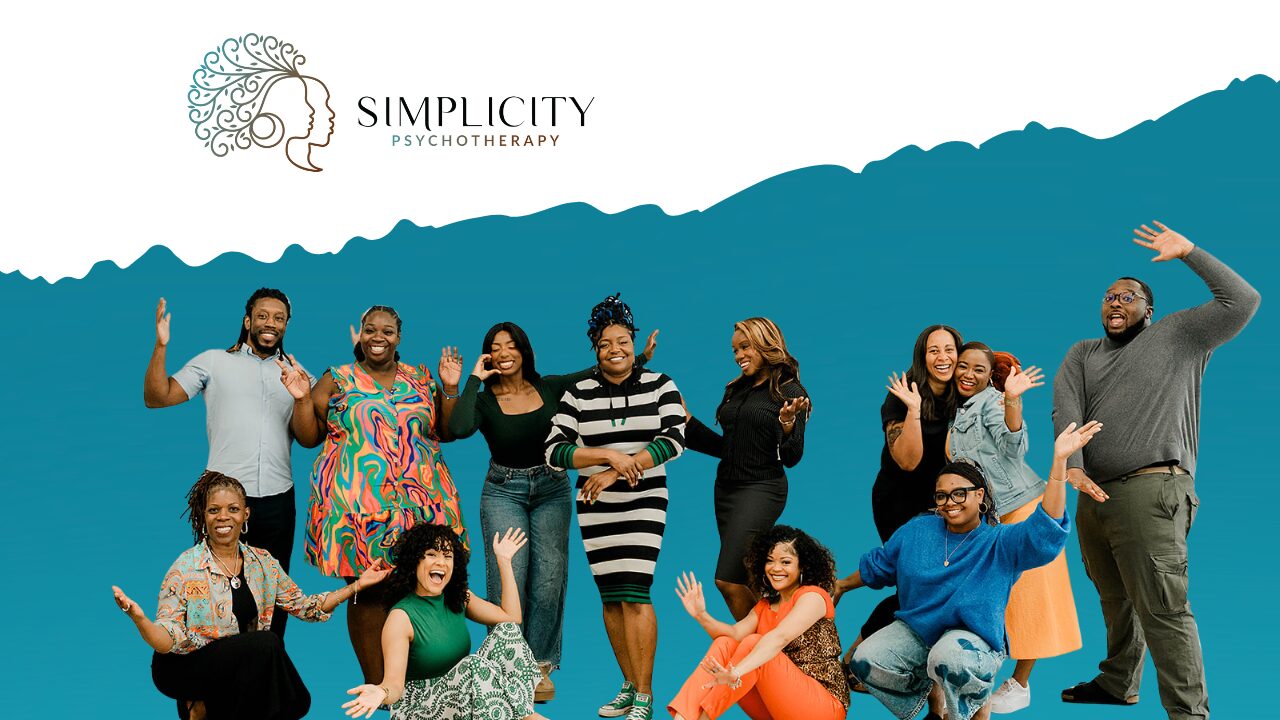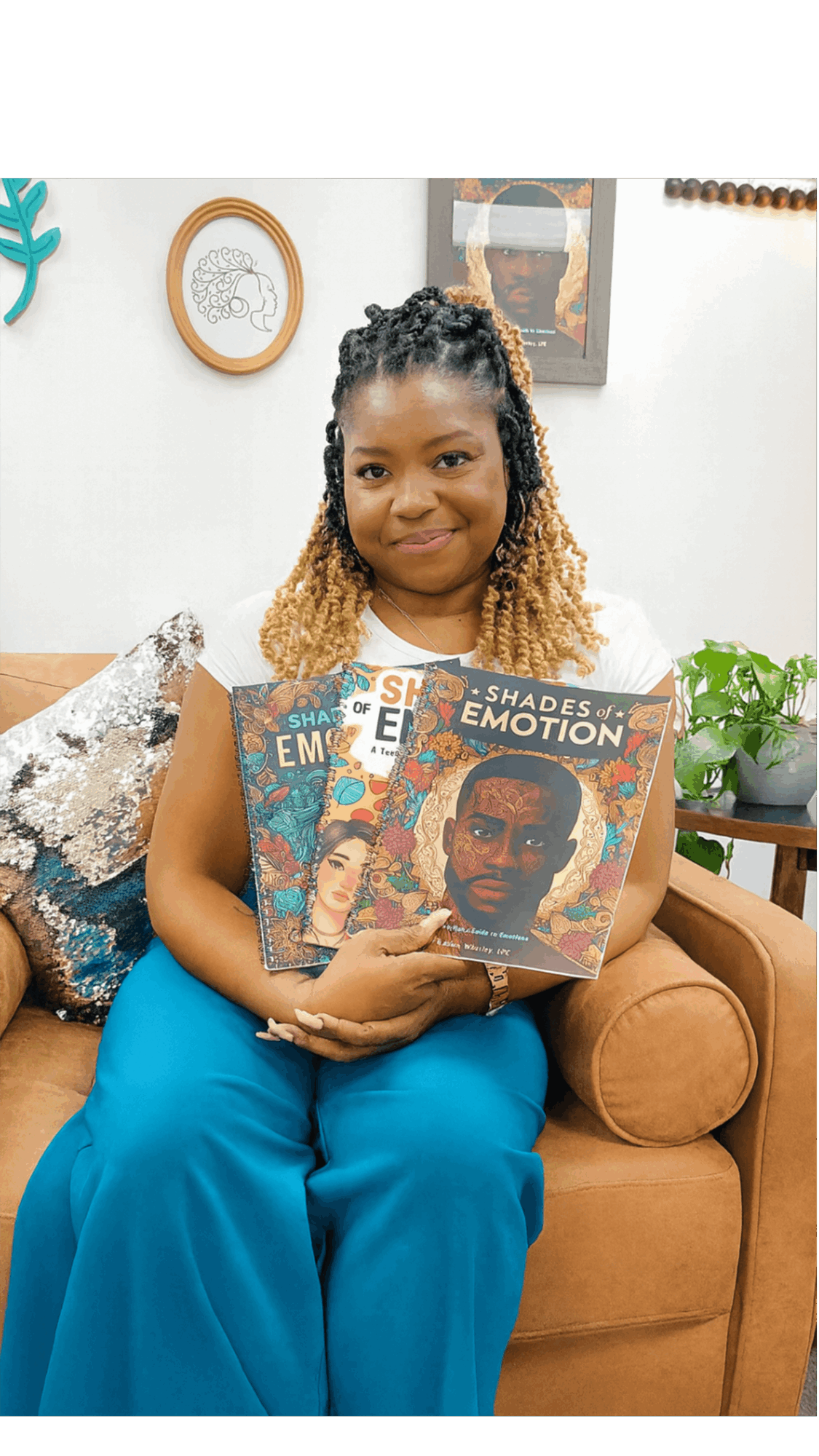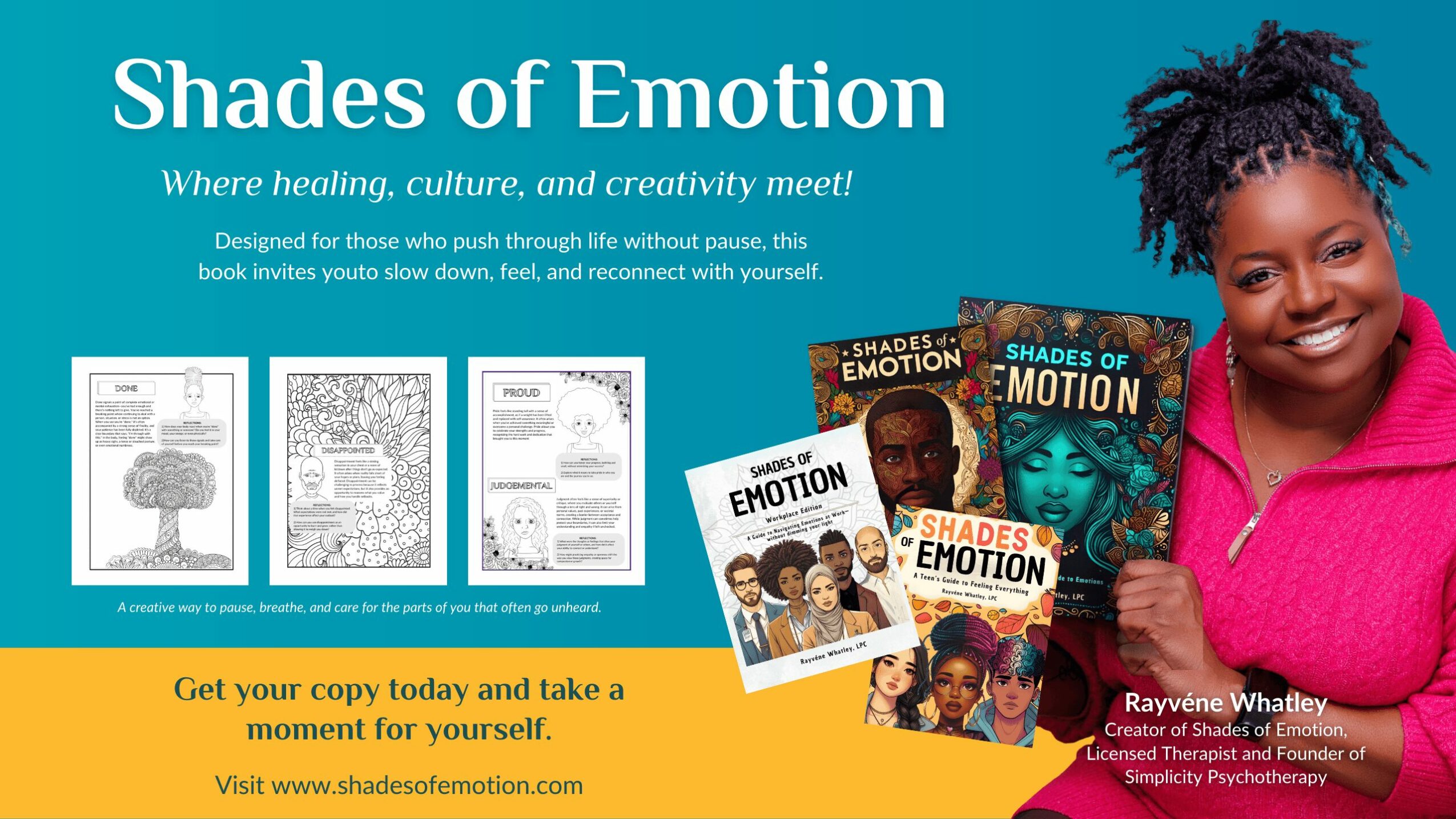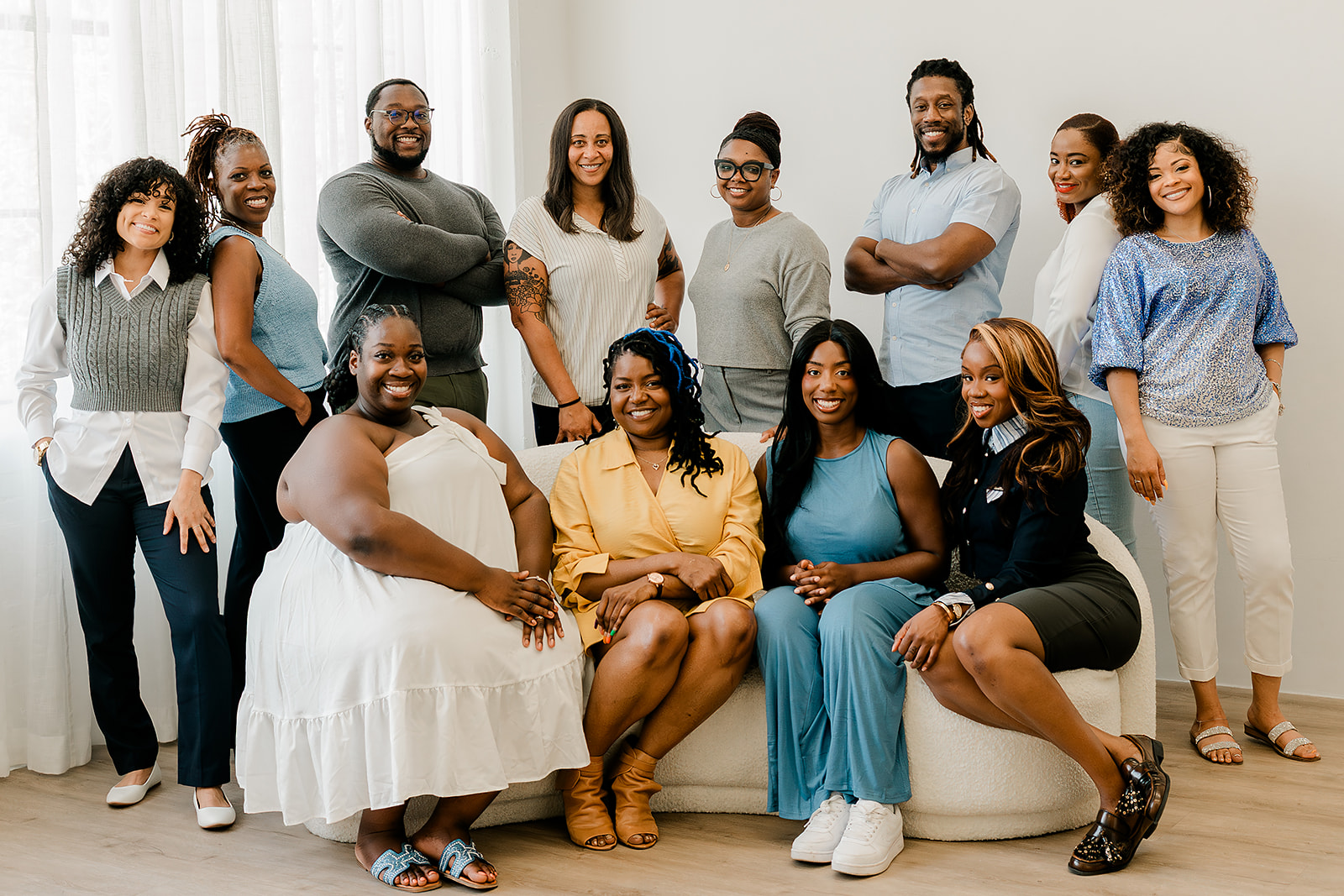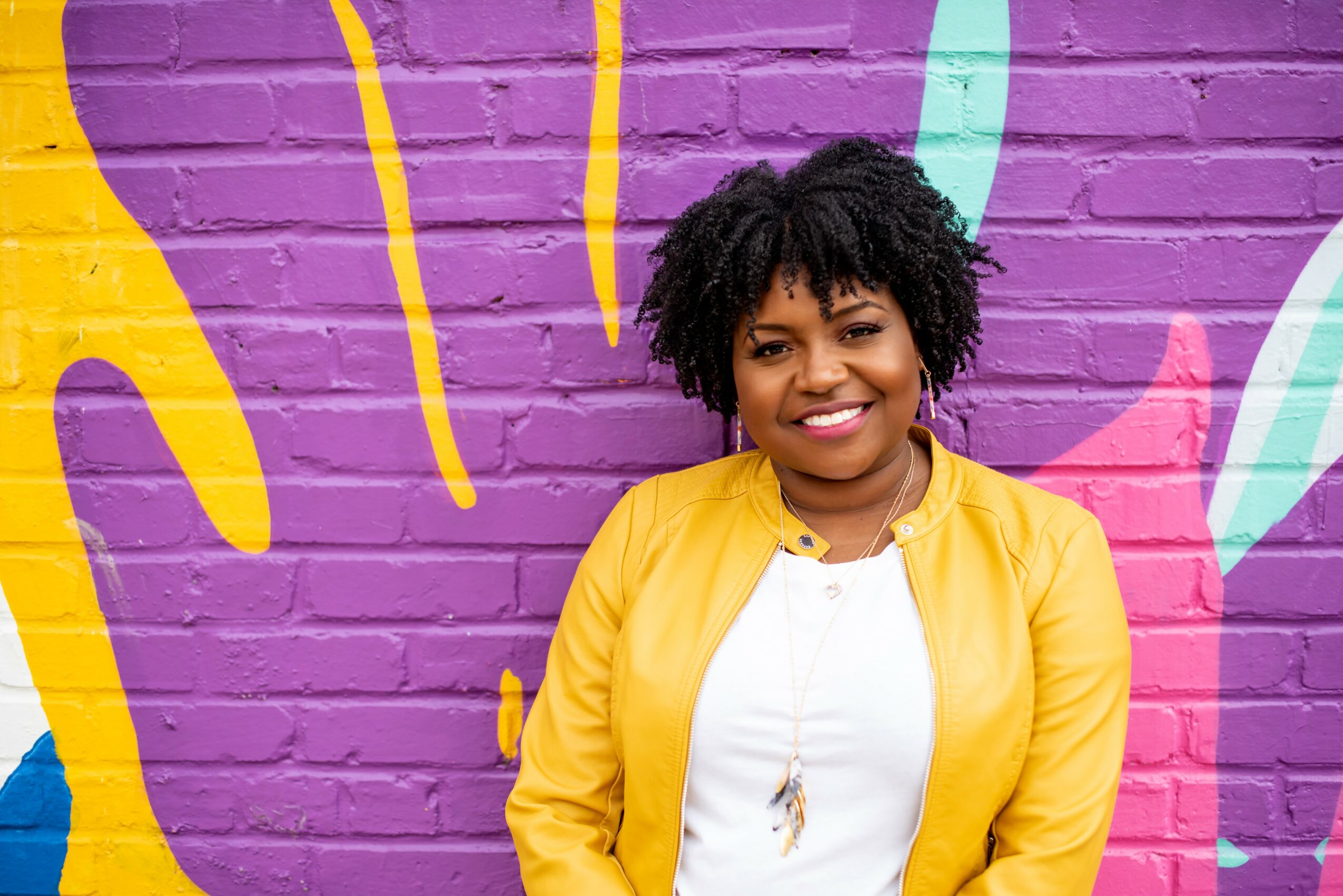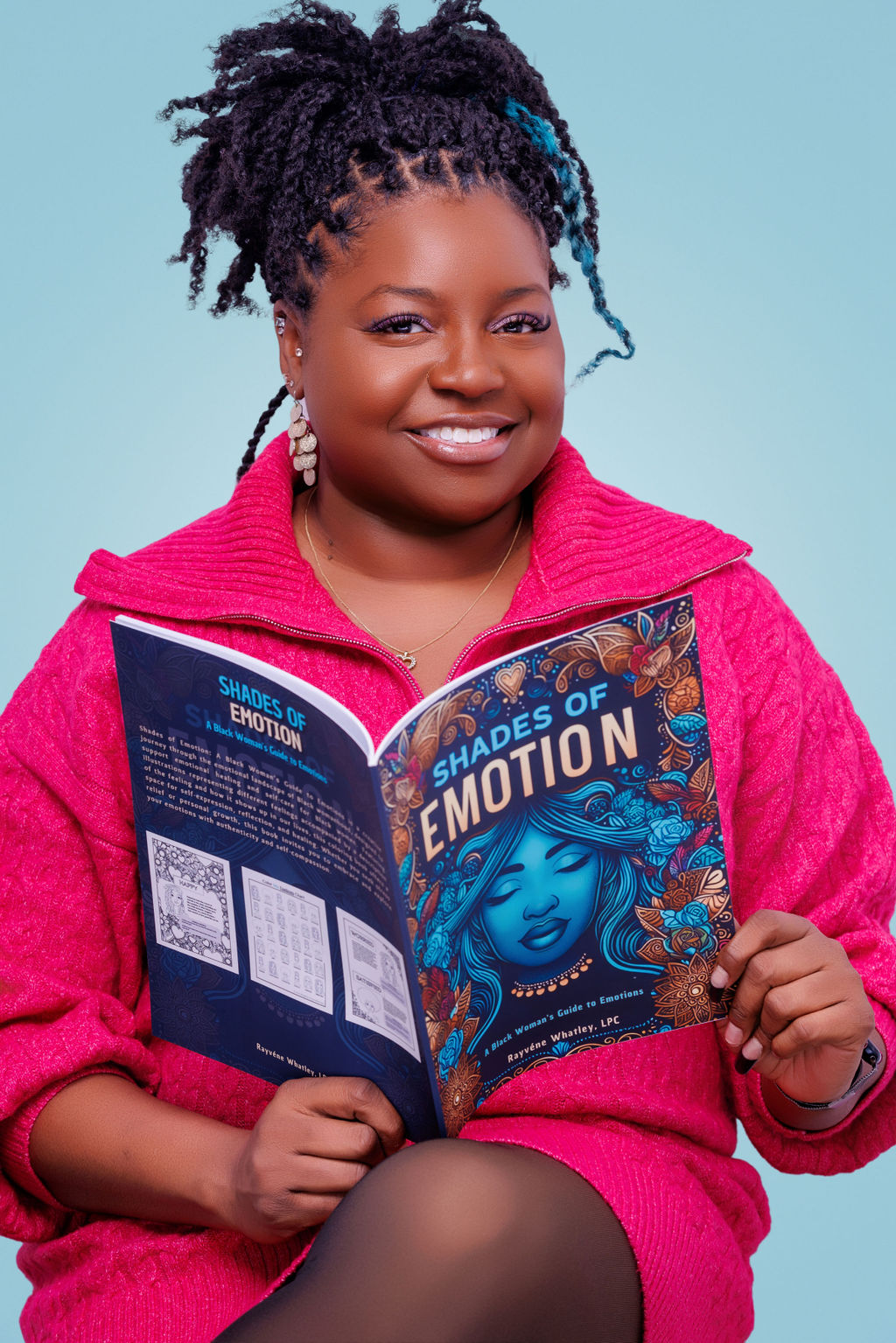

We recently had the chance to connect with Rayvene Whatley and have shared our conversation below.
Good morning Rayvene, it’s such a great way to kick off the day – I think our readers will love hearing your stories, experiences and about how you think about life and work. Let’s jump right in? What’s the most surprising thing you’ve learned about your customers?
The most surprising thing is how many people struggle to put words to what they’re actually feeling. These are folks who can lead teams, manage crises, and solve complex problems, yet when it comes to naming their own emotions, they’ll pause and say, “I don’t even know what I’m feeling right now.” That gap between being successful and being emotionally fluent is bigger than most people realize.
Over the years I’ve learned that once people start identifying and expressing their emotions, they’re not just relieved, they feel more connected to themselves and to others. It’s a reminder that emotional vocabulary is just as important as professional skills when it comes to living fully. We are so much more than mad, sad, and glad.
It’s part of what inspired me to create Shades of Emotion, tools that help people connect with their feelings in a real, tangible way. Because once you can name and express what’s going on inside, you’re not just relieved, you’re able to show up more fully for yourself and the people around you.
Can you briefly introduce yourself and share what makes you or your brand unique?
I’m Rayvéne Whatley. A licensed therapist, author, and founder of Simplicity Psychotherapy, a group practice in Atlanta that helps ambitious professionals untangle the stress of success, relationships, and identity. What makes our work unique is that we don’t just focus on “fixing problems,” we create space for people, especially Black and Brown professionals, to show up fully without having to explain or shrink parts of themselves just to be understood. My story is rooted in believing therapy should feel like a place where culture, ambition, and emotional honesty can coexist.
Beyond the therapy room, I’m building creative emotional literacy tools that make conversations about feelings more accessible and relatable, because knowing your emotions should be as natural as knowing your job title. Right now, I’m especially excited about expanding this work into the corporate world, where burnout and performance pressure are high but emotional support is often missing.
Okay, so here’s a deep one: What did you believe about yourself as a child that you no longer believe?
When I was younger, I really thought my job was to be unshakable at all the times. If I held it together, then maybe everything else around me wouldn’t fall apart. Everything would work out. For a long time I wore that like a badge but I know better now and have lost the confusion of a child. Now I know strength looks more like being honest about what I feel, letting people show up for me, and not carrying everything alone. I know now that real strength is being able to name what you feel, ask for help, and let yourself be supported. That shift has everything to do with the way I show up for the people I work with every day.
When did you stop hiding your pain and start using it as power?
Honestly, it wasn’t some dramatic turning point. I just got tired of pretending everything was fine when it clearly wasn’t. For years, I thought pushing through and keeping quiet was the only way to survive, but all it really did was make me feel isolated. The more I opened up, the more I saw I wasn’t the only one carrying things quietly, and that honesty created a kind of relief I didn’t know I needed. That’s when I realized sharing what hurts doesn’t make you weak, it makes space for real connection, and that’s where the power is.
I think our readers would appreciate hearing more about your values and what you think matters in life and career, etc. So our next question is along those lines. What are the biggest lies your industry tells itself?
That productivity equals wellness. Just because someone is showing up to work, paying bills, or excelling in their career doesn’t mean they’re okay. Another lie is that therapy is only for people in crisis. Most of the folks I work with look fine on the outside, they’re successful, high-functioning, and respected, but they’re quietly struggling and exhausted on the inside. Therapy isn’t about being “broken,” it’s about having a space where you don’t have to keep performing strength.
Thank you so much for all of your openness so far. Maybe we can close with a future oriented question. What false labels are you still carrying?
That I’m “the dependable one.” Its tricky because I am dependable, but the issue was how it showed up. Growing up, that label followed me everywhere, home, school, friendships. People always knew they could count on me, and I wore it like an honor, even when it meant pushing my own needs to the side. The truth is, being dependable came at a cost: exhaustion, silence, and sometimes feeling invisible because people assumed I was always fine. That carried into business too. I became the one who could be trusted to get it all done, no matter how much it took out of me. I’m still unlearning that. Dependable isn’t bad, but I’ve had to redefine it so it doesn’t mean self-sacrifice. Now it means being consistent without abandoning myself.
Contact Info:
- Website: https://simplicitypsychotherapy.com/
- Instagram: https://www.instagram.com/blacktherapycollective/
- Linkedin: https://www.linkedin.com/in/rayvene-whatley/
- Facebook: https://www.facebook.com/simplicitypsychotherapy
